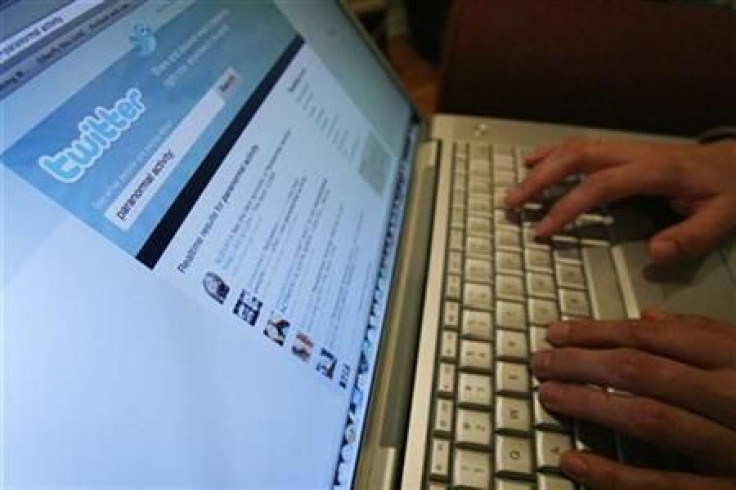Physicians Should Create ‘Dual Citizenship’ On Social Media, Researchers Say
Internet makes it harder for doctors to maintain profession

Researchers assert that there is an increasing need for physicians to create a healthy distance between their work and home online identities with ubiquitous social media sites like Facebook and Twitter blurring private and professional lines.
Arash Mostaghimi and Bradley Crotty of Beth Israel Deaconess Medical Center in Boston recommend that physicians create dual citizenship on social networking sites with a distinct professional profile intended to come up early on a search engine query.
The inherent openness of social media and self publication, combined with improved online searching capabilities, can complicate the separation of professional and private digital personae, they say.
The authors go on to discourage the use of sites like Facebook and Twitter for direct communication with patients since the information is controlled by the social media companies. These types of sites, the researchers say, should be reserved for general announcements like flu vaccination.
Mostaghimi and Crotty caution that in spite of these measures, personal and professional lines will continue to be blurred, but proactive steps can help physicians maintain professionalism throughout this modern information age.
Physicians are just beginning to understand the opportunities and challenges of social media. At this juncture, physicians should be aware of their online personae and behavior, and consider that they may have an impact on their relationship with patients, said Crotty.
A 2010 study by the Mostaghimi and Crotty published in the Journal of General Internal Medicine showed that over 30 percent of physicians have some type of personal information on the Internet. The authors also cite research showing that 17 percent of physician blogs contain information that could reveal the identity of the patient or the doctor. They suggest that, social networks may be considered the new millennium's elevator: a public forum where you have little to no control over who hears what you say, even if the material is not intended for the public.
We're not suggesting that physicians should be prohibited from using social media sites. Doctors just need to be savvy regarding the content and tone of what they post online. People share information openly using social media, but posts intended for one audience may be embarrassing or inappropriate if seen by another, said Mostaghimi.
© Copyright IBTimes 2024. All rights reserved.











